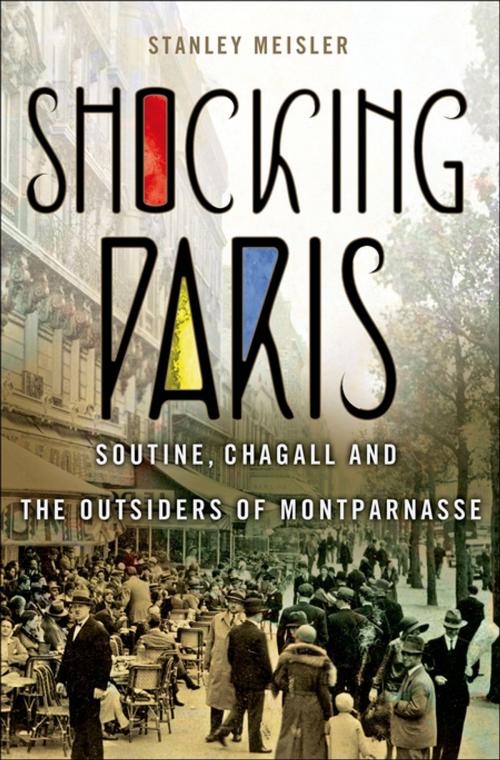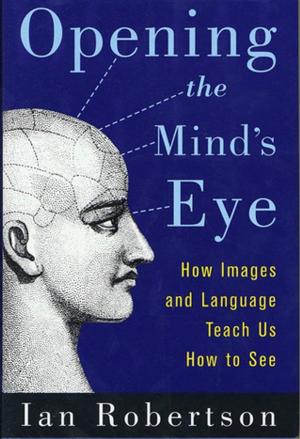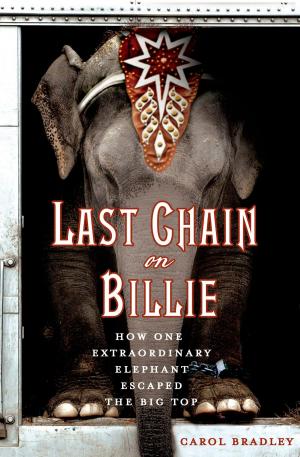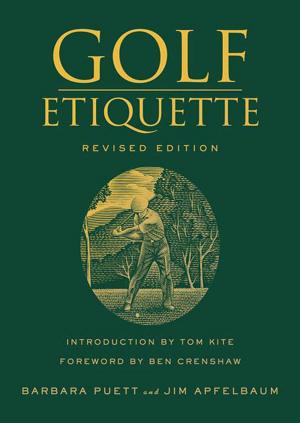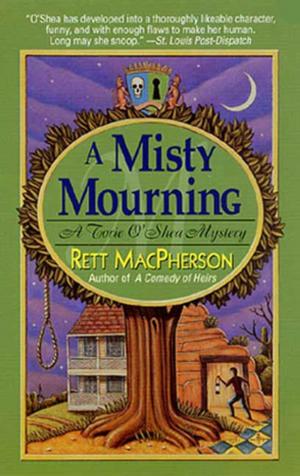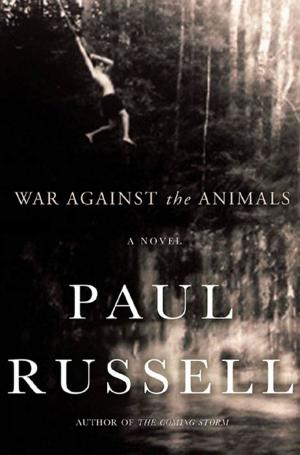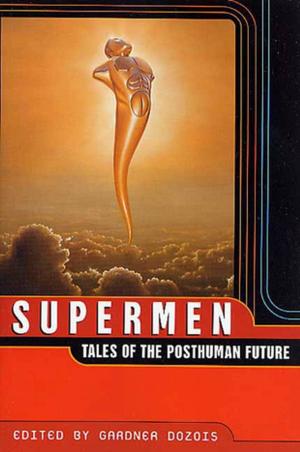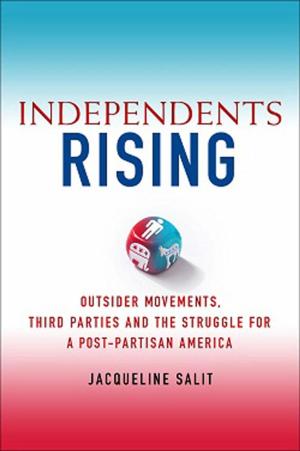Shocking Paris
Soutine, Chagall and the Outsiders of Montparnasse
Nonfiction, Art & Architecture, Art History, European, General Art, History, France| Author: | Stanley Meisler | ISBN: | 9781466879270 |
| Publisher: | St. Martin's Press | Publication: | April 14, 2015 |
| Imprint: | St. Martin's Press | Language: | English |
| Author: | Stanley Meisler |
| ISBN: | 9781466879270 |
| Publisher: | St. Martin's Press |
| Publication: | April 14, 2015 |
| Imprint: | St. Martin's Press |
| Language: | English |
For a couple of decades before World War II, a group of immigrant painters and sculptors, including Amedeo Modigliani, Marc Chagall, Chaim Soutine and Jules Pascin dominated the new art scene of Montparnasse in Paris. Art critics gave them the name "the School of Paris" to set them apart from the French-born (and less talented) young artists of the period. Modigliani and Chagall eventually attained enormous worldwide popularity, but in those earlier days most School of Paris painters looked on Soutine as their most talented contemporary. Willem de Kooning proclaimed Soutine his favorite painter, and Jackson Pollack hailed him as a major influence.
Soutine arrived in Paris while many painters were experimenting with cubism, but he had no time for trends and fashions; like his art, Soutine was intense, demonic, and fierce. After the defeat of France by Hitler's Germany, the East European Jewish immigrants who had made their way to France for sanctuary were no longer safe. In constant fear of the French police and the German Gestapo, plagued by poor health and bouts of depression, Soutine was the epitome of the tortured artist. Rich in period detail, Stanley Meisler's Shocking Paris explores the short, dramatic life of one of the most influential artists of the twentieth century.
For a couple of decades before World War II, a group of immigrant painters and sculptors, including Amedeo Modigliani, Marc Chagall, Chaim Soutine and Jules Pascin dominated the new art scene of Montparnasse in Paris. Art critics gave them the name "the School of Paris" to set them apart from the French-born (and less talented) young artists of the period. Modigliani and Chagall eventually attained enormous worldwide popularity, but in those earlier days most School of Paris painters looked on Soutine as their most talented contemporary. Willem de Kooning proclaimed Soutine his favorite painter, and Jackson Pollack hailed him as a major influence.
Soutine arrived in Paris while many painters were experimenting with cubism, but he had no time for trends and fashions; like his art, Soutine was intense, demonic, and fierce. After the defeat of France by Hitler's Germany, the East European Jewish immigrants who had made their way to France for sanctuary were no longer safe. In constant fear of the French police and the German Gestapo, plagued by poor health and bouts of depression, Soutine was the epitome of the tortured artist. Rich in period detail, Stanley Meisler's Shocking Paris explores the short, dramatic life of one of the most influential artists of the twentieth century.
